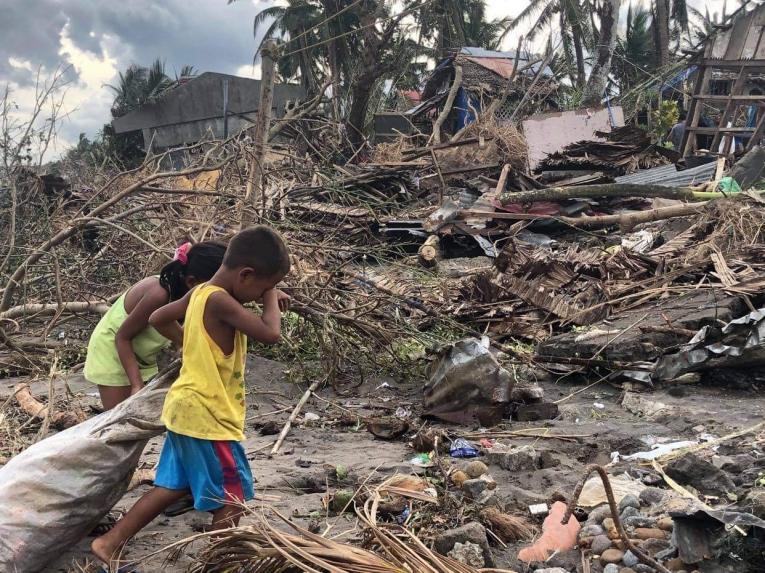A UN body, the Committee on the Rights of the Child has said that governments must respond to growing concerns expressed by children about the effects of the climate crisis and other environmental emergencies on their lives and futures.
In an opinion which was published on Monday, the body concluded that the triple planetary crisis – the climate emergency, the collapse of biodiversity and pervasive pollution – “is an urgent and systemic threat to children’s rights globally”.
Among other things, the committee outlined the immediate risks that children face from poor air and water quality, a lack of food safety and exposure to toxic pollutants such as lead – especially children with disabilities, belonging to minority or Indigenous groups, and living in areas vulnerable to climate breakdown and disasters.
It also pointed to structural challenges that pose a longer-term threat, such as greenhouse gas emissions, the unsustainable use of resources and ecosystem degradation.
Read also:Kenyan ‘Elephant Man’ embarks on 130-day walking mission to save wildlife
In her reaction, 14-year-old Francisco Vera, a Unicef youth advocate for environmental and climate action in Latin America and the Caribbean, said Children are demanding action on these interconnected crises. “precisely because adults haven’t taken the responsibility for it”.
The UN opinion also pointed out, for the first time, that states have a duty to safeguard a clean, healthy and sustainable environment for young people alive today, as well as future generations.
“While the rights of children who are present on Earth require immediate urgent attention,” it said, “the children constantly arriving are also entitled to the realisation of their human rights to the maximum extent.”
On his part, Aoife Nolan, professor of international human rights law at the University of Nottingham, said that this statement serves as a “crucial tool for those arguing for climate justice at both the international and national law levels”.
Furthermore, the opinion showed that governments are responsible for foreseeable environment-related threats arising as a result of their current acts or omissions, “the full implications of which may not manifest for years or even decades”.
The final UN opinion said that delaying a rapid phase-out of fossil fuels will result in higher global emissions and greater harm to children’s rights, but only urges states to take this “into consideration”.
Story was adapted from the Guardian.
